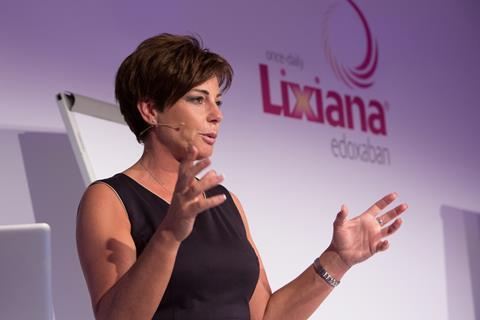
The beliefs that you hold about yourself and the world will have a massive impact on your life. Your beliefs will permeate every part of your life. Much of your personality grows out of the beliefs you hold about yourself.
So, it’s worth remembering that the views you hold of yourself will profoundly affect the way you lead your life.
We all find ourselves in situations every day of our lives when we are required to make choices. Many of these choices we make subconsciously, as we almost try to get “confirmation of our intelligence.”
When faced with a decision, we might naturally ask ourselves:
- Will I succeed or fail?
- Will I look smart or stupid?
- Will I feel like a winner or a loser?
You will probably have heard of Carol Dweck’s book “Mindset,” where she talks about the differences between a fixed mindset and a growth mindset.
In its most basic terms, if you have a fixed mindset, you tend to believe that you are the person you are, and you can’t change that. Your beliefs are carved in stone. This can lead to a host of thoughts and actions that take you down a path that the world is out to get me: “My life is pitiful, life is unfair. I am stupid. Nothing good happens to me.”
You can see how a fixed mindset would limit your achievement.
A person with a fixed mindset might believe that their early performance tells them all they need to know about their talent, intelligence, and what they can expect from life and their future. This person might believe that certain tests—like an IQ test or psychological tests—tells them how smart they are, what they are like, and that’s it. They accept that they are who they are, and nothing much will change about them throughout their life.
However, with a growth mindset, you believe that everything can change and that you can change.
That your situation is just for this moment, and if you want to change things, you can. You hold a belief that your basic qualities are things you can cultivate through your efforts, your strategies, and learning from others.
Those people with a growth mindset aren’t threatened by challenges—they thrive on them. They have an obsession with learning, discovering, developing, and pushing into new ground—new territory—to learn more and to change things. They have a passion for stretching themselves and sticking to it, even—or especially—when things aren’t going well.
This allows people with a growth mindset to thrive during challenging times. Exceptional people have an ability to convert setbacks into future successes.
Neither mindset is right or wrong, of course: You can choose to have a fixed mindset on some stuff and a growth mindset on other stuff. But with a growth mindset, you believe things you don’t like about yourself or your life can be changed. Remember, the greatest people on earth were not born great—they all started in a place when they didn’t know what they were doing. They messed up, failed, tried again, persisted, learned, and they developed and changed.
Successful people don’t get lucky or get success over night—they are resilient and persistent. They have failed more—and learned more—and they don’t give up. You can change everything by changing the way you think and behave.
Be bold, be brave, think big, and act big.






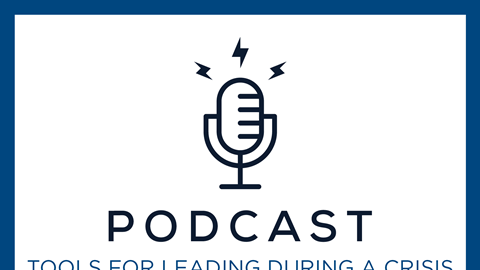
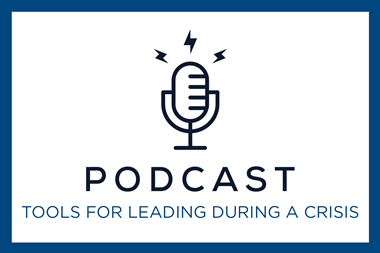
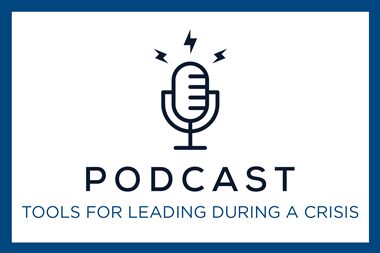
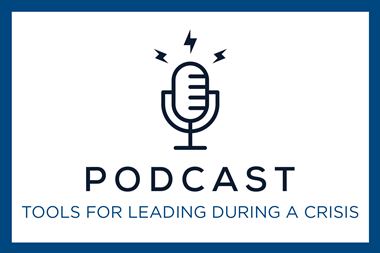
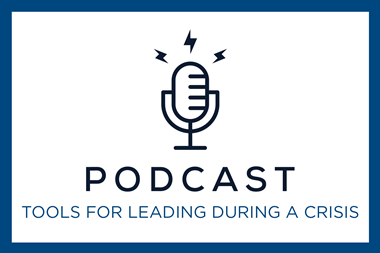
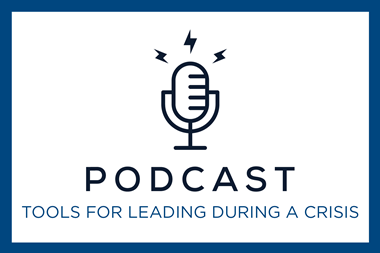




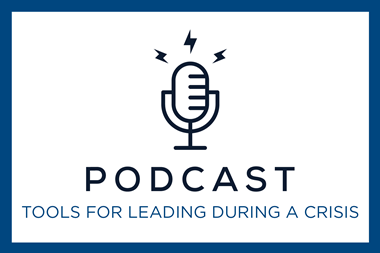



No comments yet